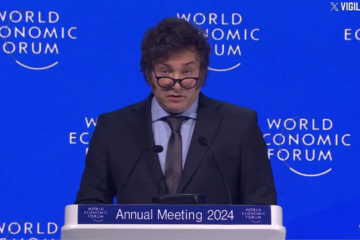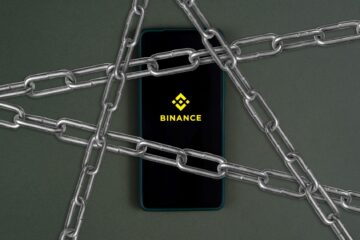Block.one Settlement with SEC

 You might be wondering: if they did something wrong, why they paid so little, and if they did not do anything wrong, why did they agree to pay at all, right?
You might be wondering: if they did something wrong, why they paid so little, and if they did not do anything wrong, why did they agree to pay at all, right?A number of ICO projects asked me - if Block.one was not a US entity, if their T&Cs clearly stated that US residents are not eligible to participate, and if they blocked IP addresses - does it mean, every single ICO is now in danger?
I personally believe that the following factors made EOS vulnerable:
- their size,
- their obvious US presence (US-based employees and team members, advertising billboards at TimeSquare, marketing activities at US-based conferences... followed by creation of the US-based legal entity),
- clear intention to focus and be present at the US market.

Hopefully, you see now, how this is a good precedent for the industry.

 DO NOT RELY ON THE STATE TO PROVIDE PROSPERITY OR STABILITY. WHEN SOMEONE BLAMES MARKET INEFFICIENCY AND ASKS FOR MORE REGULATION,
DO NOT RELY ON THE STATE TO PROVIDE PROSPERITY OR STABILITY. WHEN SOMEONE BLAMES MARKET INEFFICIENCY AND ASKS FOR MORE REGULATION,
Comments are closed